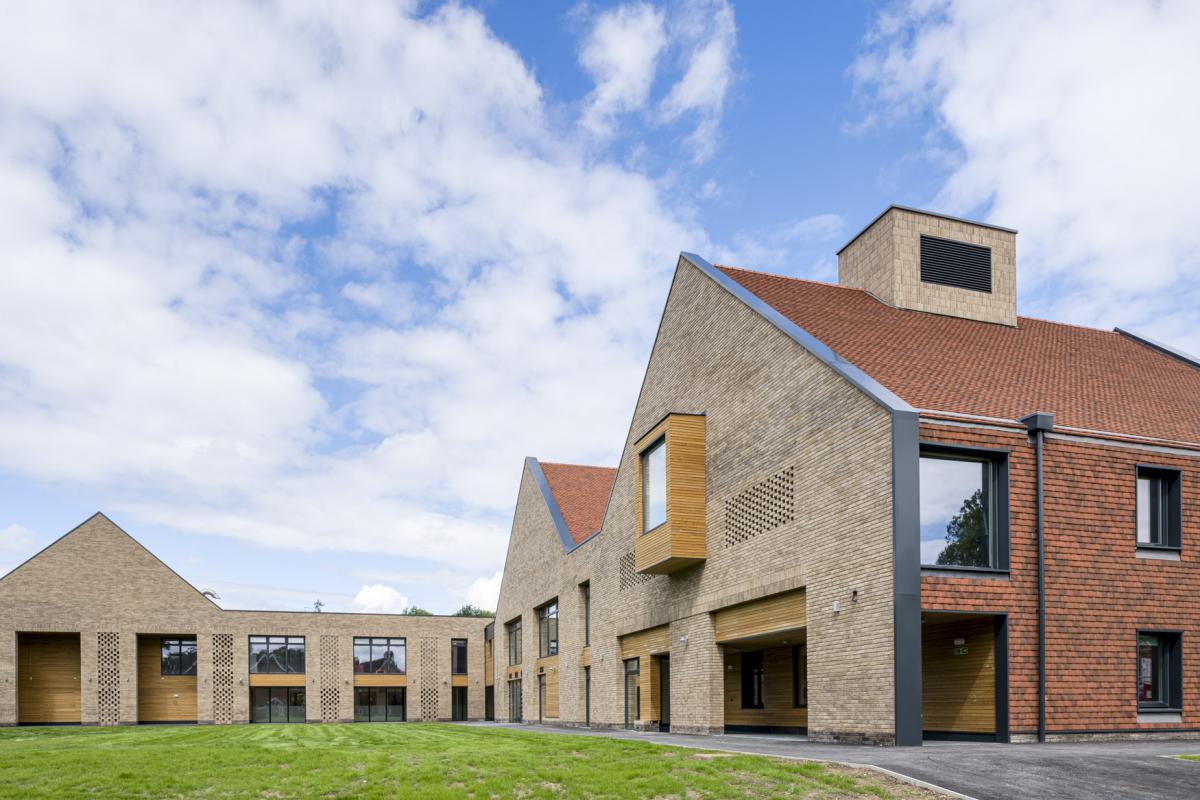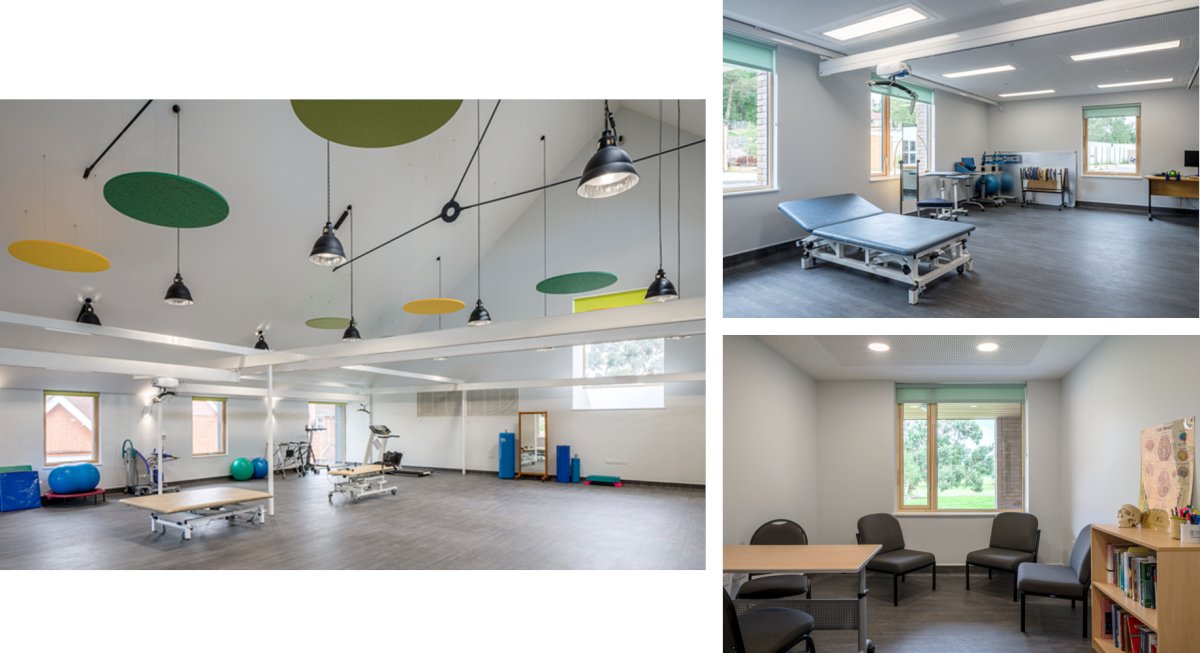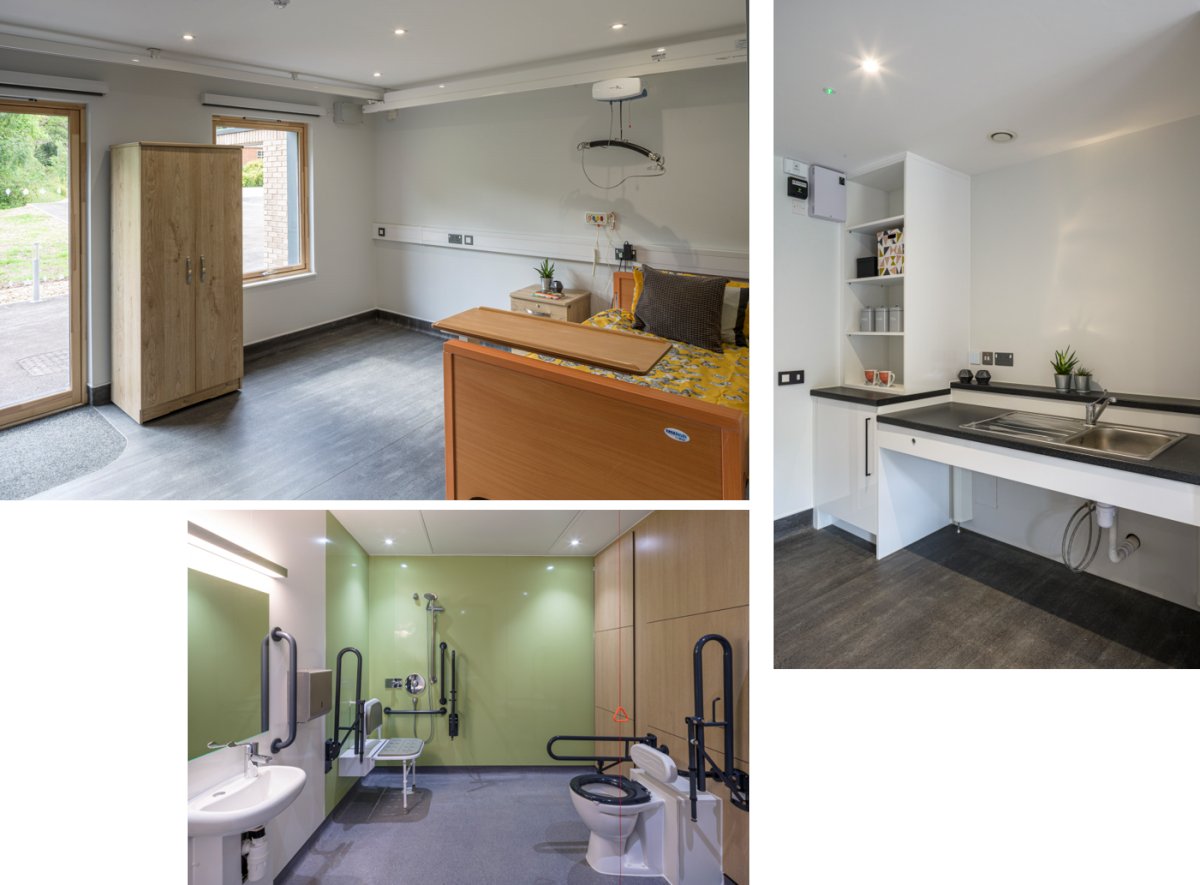QEF’s neuro rehabilitation experts supporting post COVID-19 patients @QEF1 #Leatherhead
A thread https://abs.twimg.com/emoji/v2/... draggable="false" alt="⬇️" title="Pfeil nach unten" aria-label="Emoji: Pfeil nach unten"> https://newleatherheadliving.wordpress.com/2020/10/28/qefs-neuro-rehabilitation-experts-supporting-post-covid-19-patients/">https://newleatherheadliving.wordpress.com/2020/10/2...
https://abs.twimg.com/emoji/v2/... draggable="false" alt="⬇️" title="Pfeil nach unten" aria-label="Emoji: Pfeil nach unten"> https://newleatherheadliving.wordpress.com/2020/10/28/qefs-neuro-rehabilitation-experts-supporting-post-covid-19-patients/">https://newleatherheadliving.wordpress.com/2020/10/2...
A thread
In normal times, Queen Elizabeth’s Foundation for Disabled People (QEF) works closely with the NHS and case managers to provide expert neuro rehabilitation for people with acquired brain injuries, neurological illness, stroke or incomplete spinal injury; enabling people to…
…regain key skills and rebuild their lives. Our multidisciplinary team of specialist nurses, therapists and support workers provide an integrated service; enabling clients to maximise their independence and build a brighter future.
And this expert service has just moved into a fantastic new Care and Rehabilitation Centre that’s registered with the CQC and based just outside Leatherhead.
"Each person has individual care and rehabilitation requirements. Most people will be deconditioned after possibly having been on a ventilator and off their feet for such a long period of time.
Some may also have developed conditions with their shoulders and nerves from lying on their front for long periods of time to aid respiration.
QEF have an agreement with the NHS to support patients that can benefit from our expertise on their release from Surrey based hospitals.
During an initial period of isolation to protect staff and clients, an assessment is undertaken which leads to the creation of a personalised rehabilitation plan.
This informs the length of treatment needed at QEF and regular assessments and adaptations of their treatment plan occur throughout their stay.
One of the first post-COVID-19 clients we treated at QEF is in his 60& #39;s and prior to catching the virus was independent, fit and well, working and able to drive. He was admitted to hospital at the end of March with COVID-19 symptoms and needed to be intubated and ventilated.
He suffered seizures as these were removed.
He was admitted to QEF with expressive and receptive aphasia, so he had difficulties with his speech and processing of language, as result of a stroke affecting the left side of his brain.
After several weeks at QEF he continues to do well physically and he is highly motivated, but cognitively he is still facing challenges..
He finds it difficult to solve problems, process information at speed and struggles with dividing his attention; so he can’t do more than one task at a time.
He suffers from cognitive fatigue which reduces his ability to take on information, which is increasingly recognised as a post COVID-19 sign.
Limited understanding of the difficulties he is facing
He has significant memory impairment – his long-term memory hasn’t been affected, but he struggles to remember more recent activities and finds immediate information hard to retain.
This has a big impact on the development of new learning strategies and requires lots of repetition.
He also has a limited understanding of the difficulties he is facing and QEF’s psychologists and occupational therapists are working to improve this and his insight into what this may mean for him in the long term; as he can’t return to work at the moment.
His memory issues mean he can’t retain information for long, so they are looking at ways to improve these skills, such as giving him a book where they add his latest information so he can keep referring back to it.
QEF are now providing neuro rehabilitation to several post COVID-19 patients who have had an additional neurological event such as a stroke or seizure. They are generally very fatigued and weak, with a loss of stamina and reduced cardiovascular fitness.
The area of the brain affected by their neurological event determines what challenges they face; whether they are mainly cognitive, physical, or a mix of both.
Cognitive deficits may include reduced memory, difficulty with thought processing and the planning needed for everyday activities such as getting dressed or making a cup of tea.
Helping people to rebuild their lives after COVID-19
We cannot be certain if these events are a direct result of COVID-19 and their sedation/ventilation, or whether the neurological event may have occurred anyway.
However research is starting to highlight the possible impact of COVID-19 on the brain ( http://www.uclh.nhs.uk/News/Pages/neurologicalcomplicationsCOVID19.aspx#.XwcWzBk61MM.mailto);">https://www.uclh.nhs.uk/News/Page... partly due to the lack of oxygen reaching the brain in seriously ill patients, but also the increased risk of stroke, as a result of changes to clotting factors…
…and the body’s immune system over-reacting, causing inflammation in the body and brain.
Now that our Neuro Rehabilitation Service has moved to the purpose built, Care and Rehabilitation Centre, QEF has modern, comfortable facilities with fantastic therapy spaces.
This, combined with our expert team of therapists, nurses and support workers, means we are well placed to be able to provide the support needed by an increasing number of COVID-19 survivors; helping each person to rebuild their lives and maximise their independence.”
(Images copyright Gareth Gardner)
Expert neuro rehabilitation after COVID-19 ( https://qef.org.uk/neurorehab_postcovid19)">https://qef.org.uk/neuroreha...
Michaels story of recovery after COVID-19 ( https://qef.org.uk/Michaels_story )https://qef.org.uk/Michaels_... href=" https://twitter.com/QEF1/status/1321417697897385986">https://twitter.com/QEF1/stat...
This thread can be read here: https://newleatherheadliving.wordpress.com/2020/10/28/qefs-neuro-rehabilitation-experts-supporting-post-covid-19-patients/">https://newleatherheadliving.wordpress.com/2020/10/2...

 Read on Twitter
Read on Twitter




